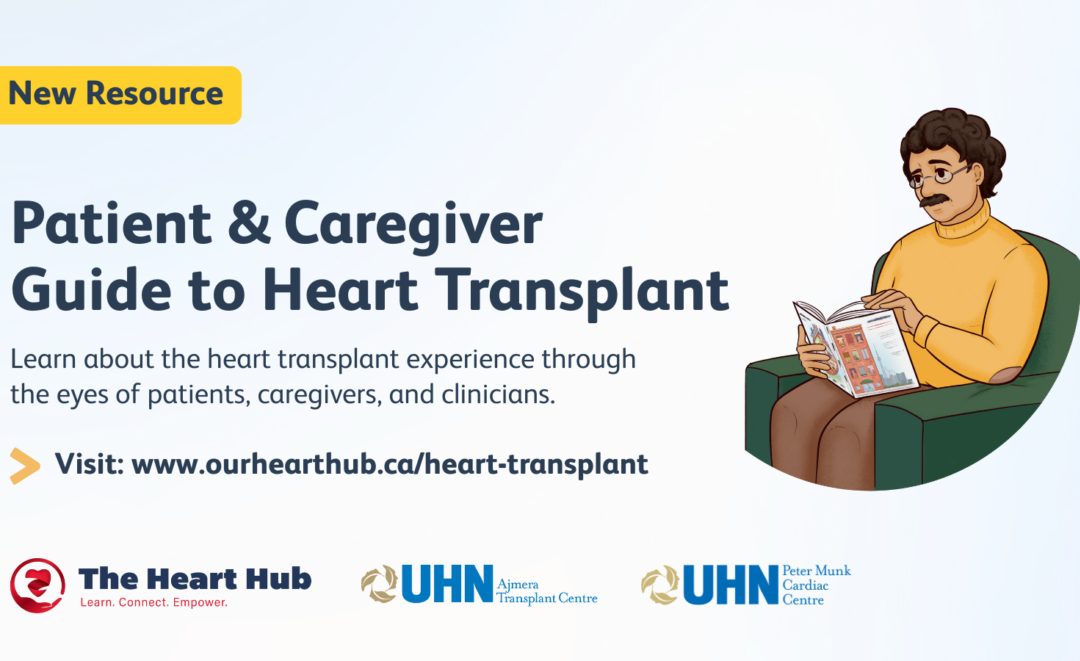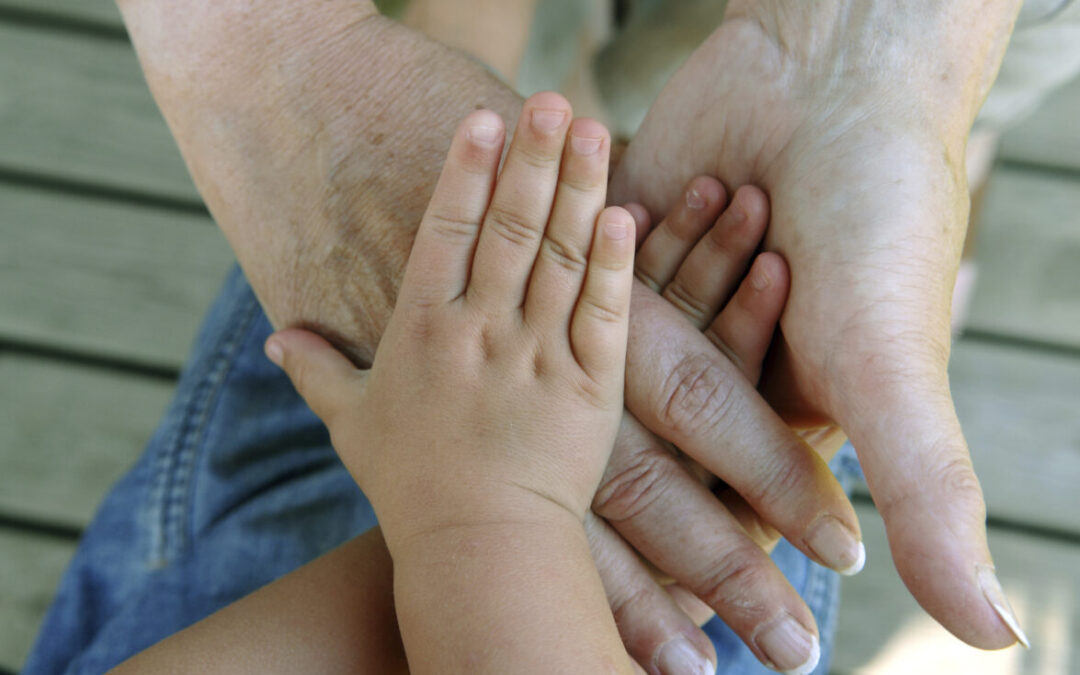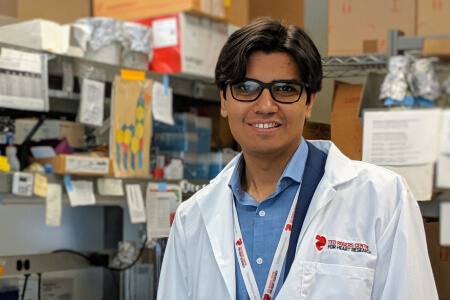We have established one of the largest banks of cells (fibroblasts, lymphoblasts) from children with heart disease and are using cardiac lineages derived from patient iPSCs to model heart disease in a dish and test new drugs. The goal: to expedite the search for new therapies.
Cardiomyopathies are the leading cause of heart failure and sudden cardiac death in children. Our team reprograms samples from patients with cardiomyopathies into iPSCs, differentiates them into heart cells, edits gene mutations, and studies how they then behave.
The techniques have successfully rescued vascular smooth muscle cell function in Williams Beuren syndrome and led to targeted treatments for genetic cardiomyopathies.














